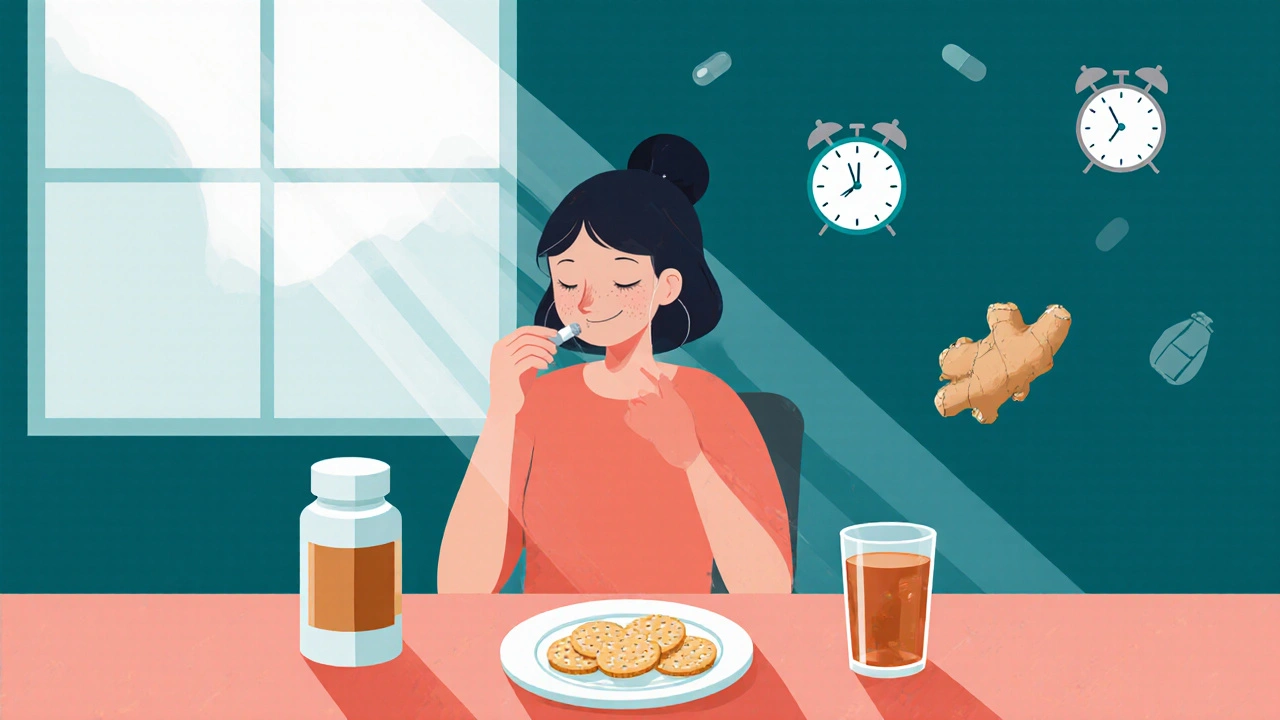Learn practical ways to prevent and relieve nausea and vomiting caused by medications, from food tips to proven antiemetics. Find out what works, what doesn’t, and when to call your doctor.
Medication Nausea: Causes, Relief, and What to Do When Drugs Make You Sick
When you take a pill to feel better, but it makes you sick instead, that’s medication nausea, a common side effect caused by drugs irritating the stomach or triggering the brain’s vomiting center. Also known as drug-induced nausea, it’s not just an annoyance—it can make you skip doses, worsen your condition, or even lead to dehydration.
Many common medicines cause this, from antibiotics, like azithromycin and clarithromycin that upset your gut flora, to ADHD medications, which often suppress appetite and trigger stomach upset in teens. Even painkillers, chemo drugs, and iron supplements are frequent culprits. It’s not always about the drug itself—it’s how your body reacts. Some people get nauseated because the pill sits too long in the stomach. Others react to how the drug affects serotonin levels in the brain. The key is knowing which meds are most likely to cause it and what you can do right away.
Stopping your medicine isn’t always the answer. Instead, try taking it with food, switching to a delayed-release version, or asking your doctor about anti-nausea options like ondansetron or ginger supplements. For those on long-term treatments like thyroid meds or antidepressants, small timing changes—like taking pills at night instead of morning—can make a big difference. If you’re on multiple drugs, interactions might be the real problem. That’s why checking with your pharmacist about drug combinations matters more than you think.
What you’ll find below are real, practical guides from patients and doctors who’ve dealt with this exact issue. You’ll see how people managing BPH, ADHD, heart conditions, and even weight loss drugs found relief without quitting their treatment. No fluff. No guesses. Just what works.

